The Gift of Sacred Scripture for all Christians
November 25, 2021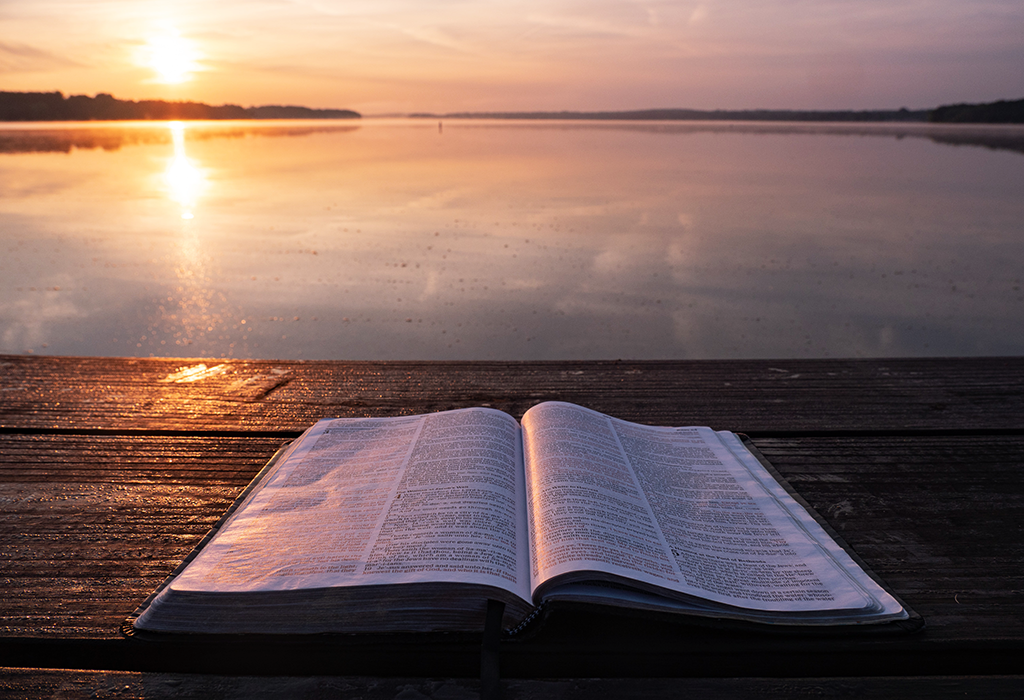
Sacred Scripture is a gift to all denominations of the Christian religion. We know that one of the key elements uniting us as Christians is the scriptures. All Christians are, in different ways, “people of the book”.
St Anthony’s Family Care: Supporting Persons with Disabilities
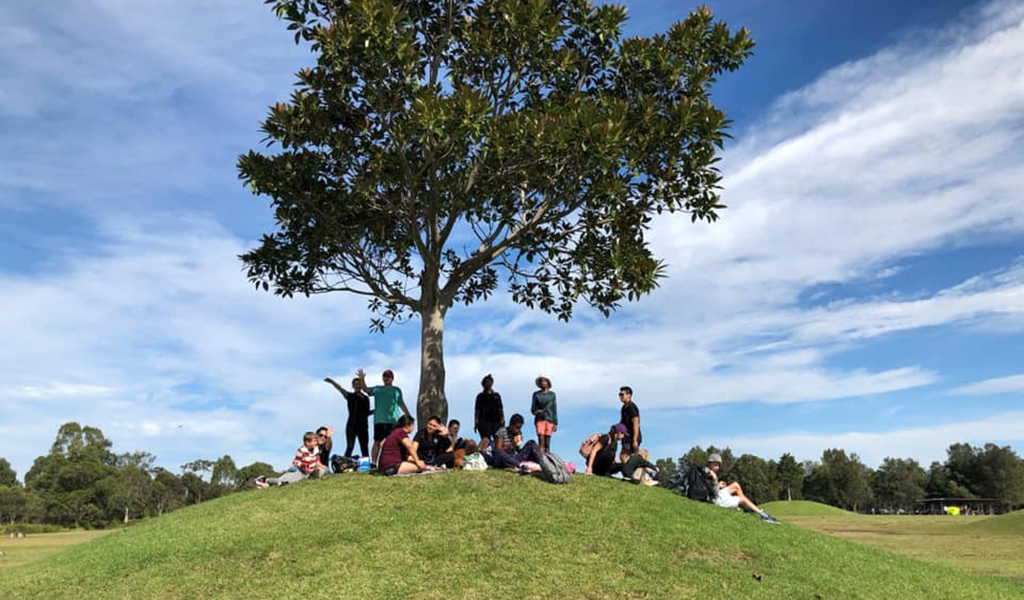
St Anthony’s Family Care (SAFC) provides a range of individual, group and accommodation services for children and young adults with disabilities.
We support participants in Sydney’s inner west by offering school holiday programs, community access trips and in-home care, supporting people who have a range of moderate to complex support needs.
Opening of Anderledy Lodge, Mary MacKillop Place, North Sydney
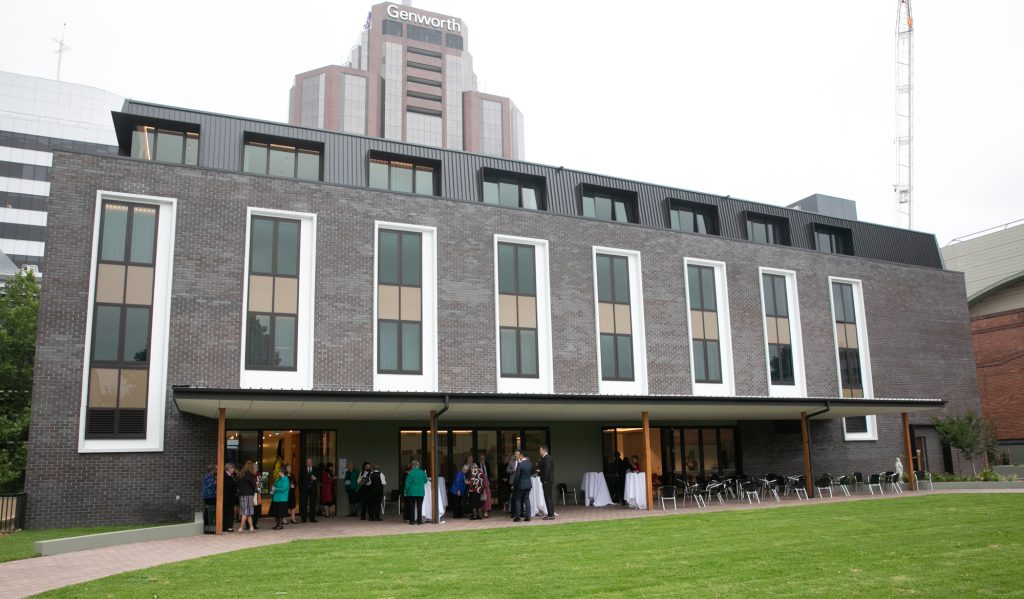
Officially opening on 11 November, was the new Anderledy Lodge at Mary MacKillop Place, North Sydney.
This project began in December 2016, with the Development Application finally approved in May 2019 and the building contract signed in February 2020. Not long after, COVID-19 made its presence felt and had an impact on the progress of the building, especially this year. The completion on 4 November 2021 marked another milestone in the history of Mary MacKillop Place.
A Josephite Companion reflects on the Josephite Charism and Advent
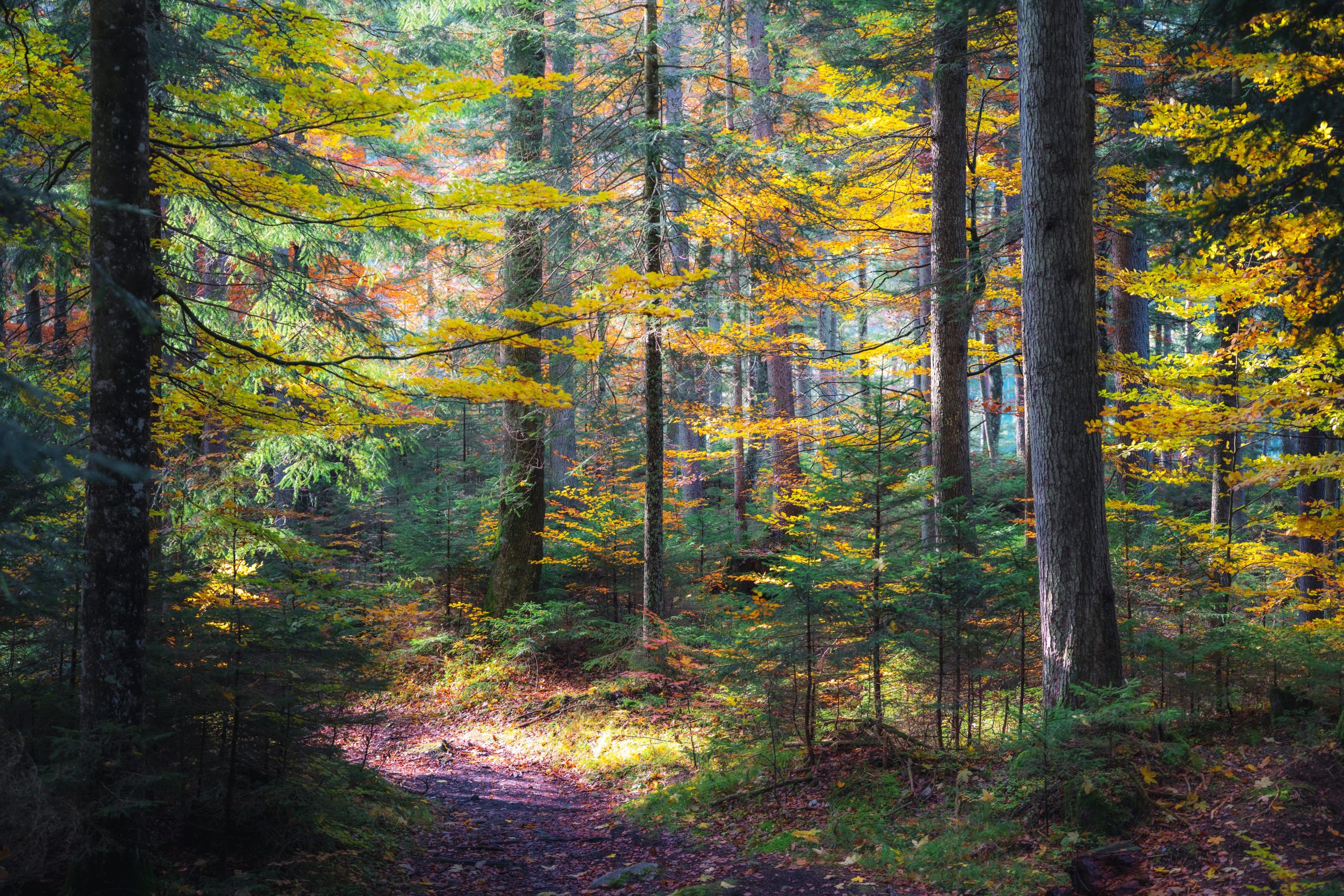
Josephite Companion, Janette Dobson, shares her insight on the recent Josephite Companions Conference and the ongoing influence it has had on her life, and reflects on the wonderful opportunity Advent gives us.
Our Commitment to the Laudato Si’ Action Platform
November 12, 2021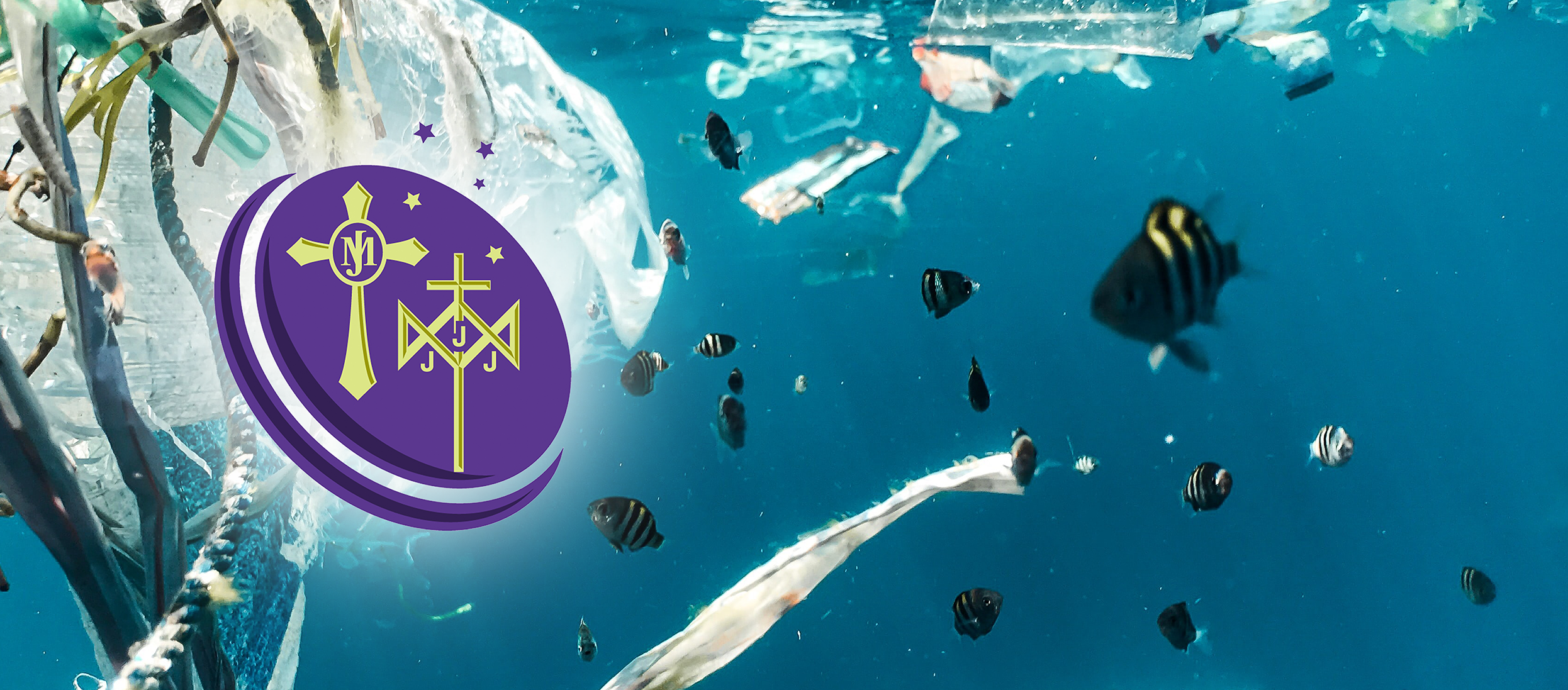
The Sisters of Saint Joseph of the Sacred Heart working in collaboration with the Sisters of Saint Joseph of Lochinvar have committed to the ecological conversion envisioned in Laudato Si’ as the means to respond to the cry of Earth and the cry of people. By implementing a Laudato Si’ Action Plan (LSAP) they hope to take “decisive action, here and now”. (LS 161)
St Mary MacKillop – Our Australian Saint
November 8, 2021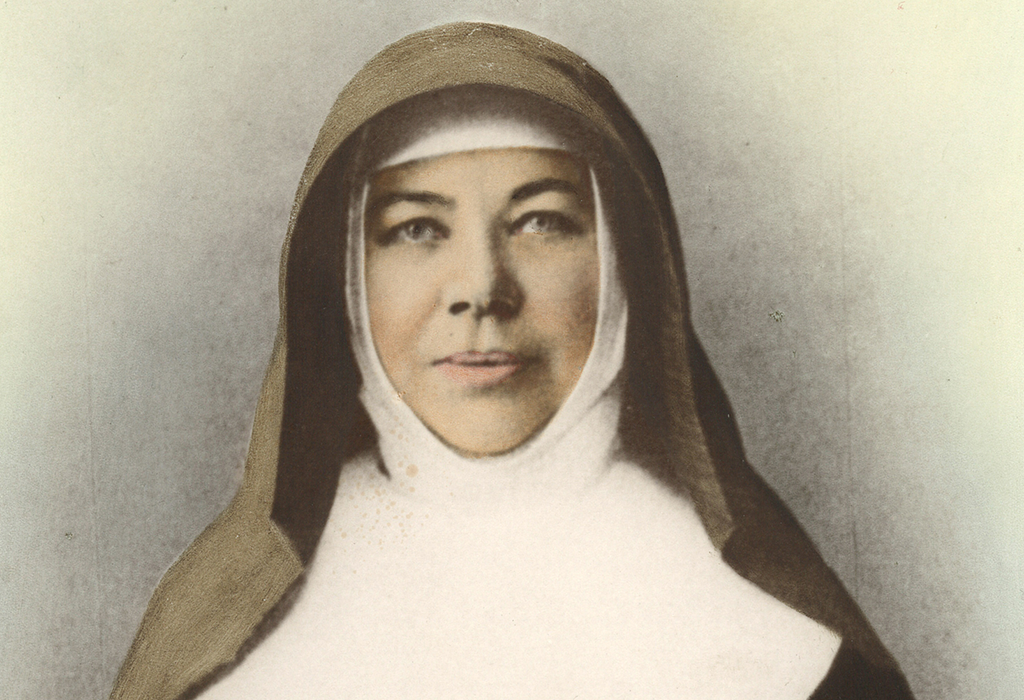
As a child, Saints were an important part of my world. As a community we celebrated our patrons and gazed with mysterious wonder at the beautiful statues that adorned our parish churches. We valued the holy pictures given for achievement or for special occasions, attended the weekly novena for Our Lady of Perpetual Succour and prayed earnestly to St Anthony to search and find our lost items.
Our Laudato Si’ Journey
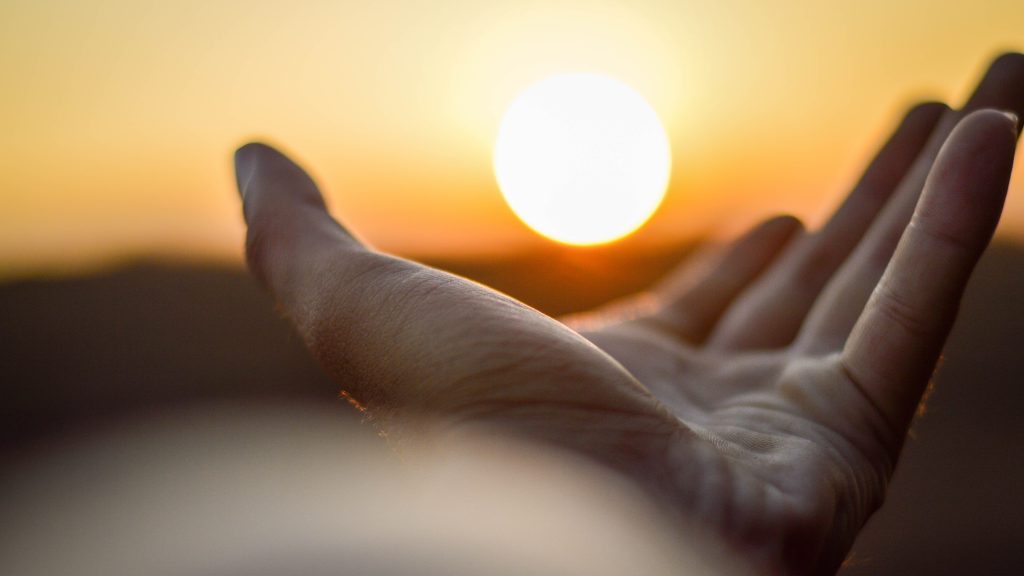
Josephites from around the globe are watching closely the events at the COP26 Summit this week as world leaders discuss and debate the impact of climate change and the need for critical action now.
Father Julian Tenison Woods: A Passion for Education
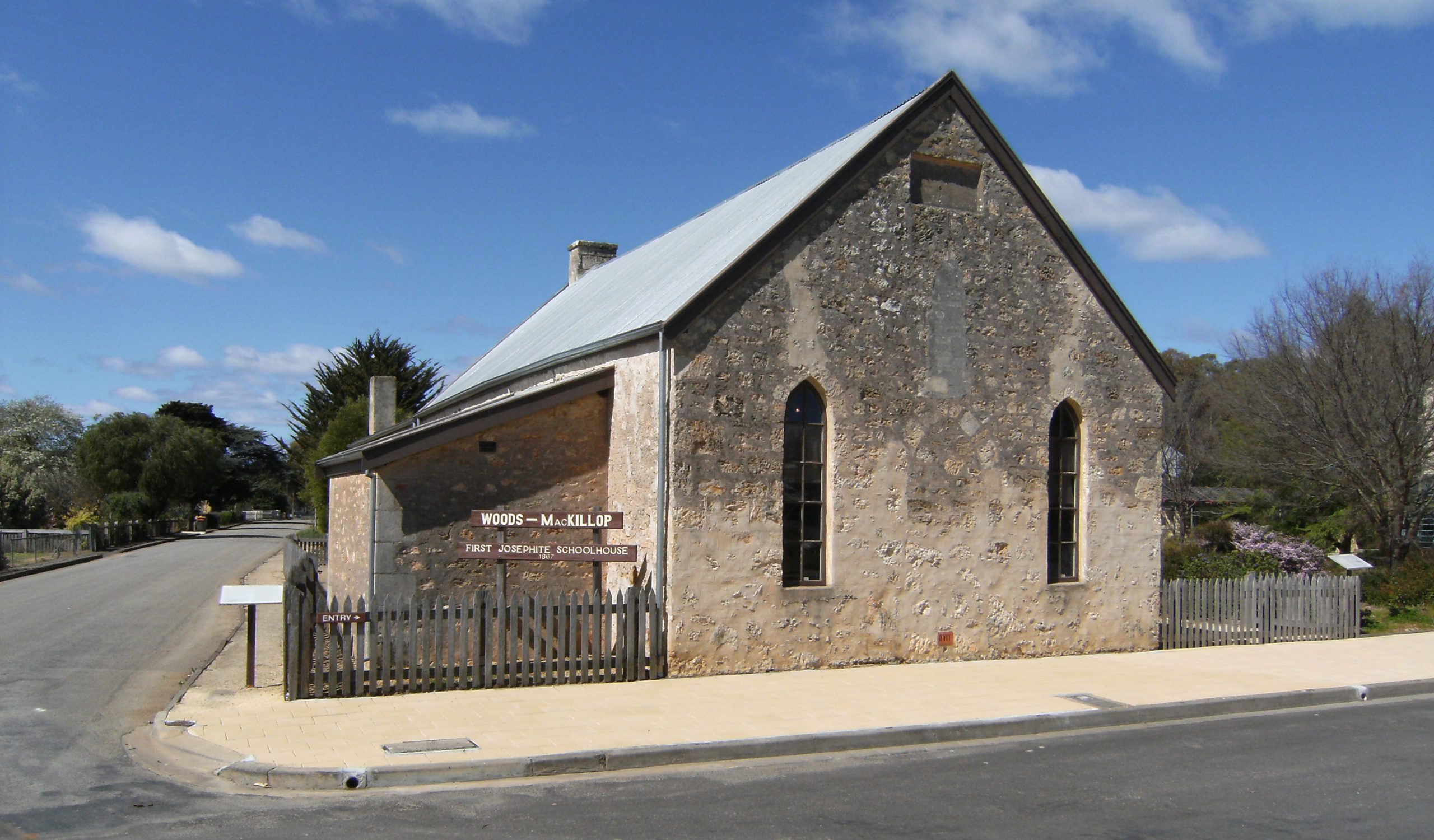
Into the heart of Julian Tenison Woods, God placed a passion for learning.
From his earliest years, Julain thoroughly enjoyed rambling at the seaside, in forests, over rocks or anywhere there was a discovery experience. He was reared in an environment where all lived a productive life with a strong work ethic and where knowledge led to high achievement. This ethic inspired Julian’s priestly ministry until his death.
